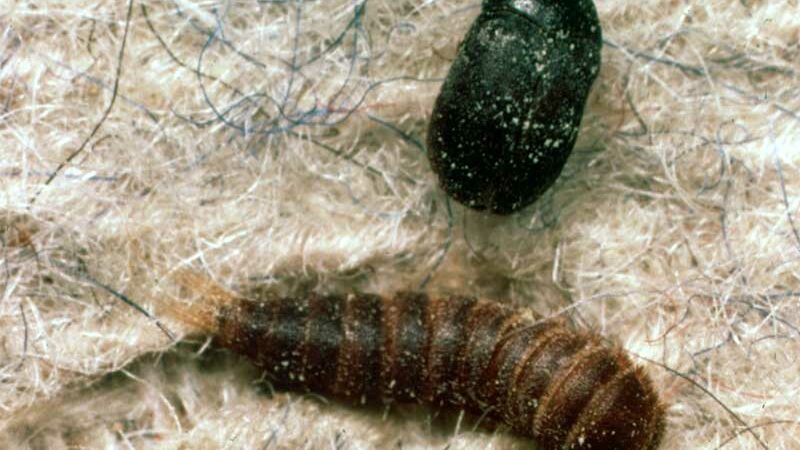The Versatility of Red Worms: Applications in Agriculture, Waste Management, and More

Red worms, also known as red wigglers or Eisenia fetida, are tiny yet mighty creatures that possess incredible versatility and value in various fields. These unsung heroes play a significant role in promoting sustainability and environmental health.
- Agricultural Benefits
Red worms are excellent allies for farmers and gardeners due to their ability to enhance soil fertility. They are commonly used in vermicomposting, a process where organic waste is transformed into nutrient-rich compost.
Red worms consume organic matter, breaking it down into castings, also known as worm manure. These castings are loaded with beneficial microorganisms and plant nutrients, making them a valuable natural fertilizer. Their presence in the soil improves its structure, aeration, and water retention capacity, which leads to healthier plant growth and increased crop yields.
Moreover, red worms can help mitigate soil erosion. Their burrowing activity enhances soil porosity and creates channels for air and water circulation, thereby preventing soil compaction and promoting root development.
- Waste Management
One of the most notable applications of red worms is in waste management systems. They possess a voracious appetite for organic waste, including kitchen scraps, paper, cardboard, and yard waste.
Red wiggler worms efficiently consume this waste, diverting it from landfills and reducing methane emissions, a potent greenhouse gas.
The practice of vermicomposting not only reduces waste but also provides a sustainable solution for managing organic matter. It can be implemented in urban environments, allowing individuals and communities to transform their kitchen waste into nutrient-rich compost for home gardens or community farms. The process is relatively simple and requires minimal space, making it accessible to a wide range of people.
- Environmental Remediation
Red worms have proven their ability to aid in environmental remediation projects. They have been utilized in soil bioremediation efforts to help break down and neutralize pollutants such as heavy metals, pesticides, and petroleum-based compounds. Through their digestive processes, red worms can accumulate and transform harmful substances into less toxic forms, aiding in the detoxification of contaminated soils.
Red worms, with their remarkable adaptability and multifaceted benefits, have emerged as unsung heroes in various fields. From improving soil fertility and crop productivity to reducing waste and aiding in environmental remediation, their contribution to sustainable agriculture, waste management, and environmental health should not be underestimated.
Harnessing the versatility of red worms is a promising step towards building a greener and more sustainable future.







